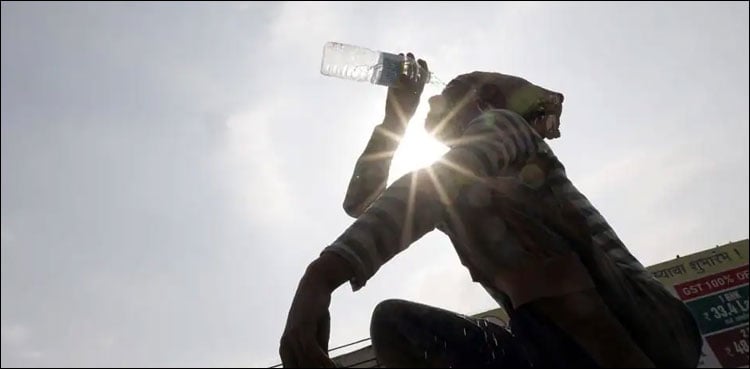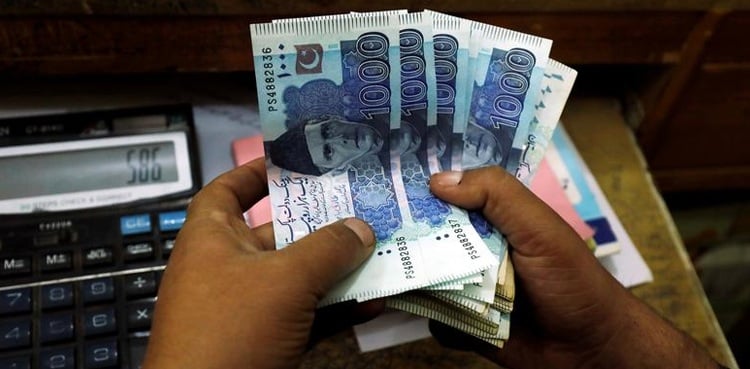How sleep loss adversely affects immune system
- October 26, 2013, 9:06 pm
- Health News
- 180 Views
ISLAMABAD, Oct 26 (Online): Researchers have identified the genes that are most susceptible to sleep deprivation and are examining if these genes are involved in the regulation of the immune system.
Conducted at the sleep laboratory of the Finnish Institute of Occupational Health, the study restricted the amount of sleep of a group of healthy young men to four hours per night for five days, imitating the schedule of a normal working week.
Blood samples were taken before and after the sleep deprivation test. White blood cells were isolated from the samples, and the expression of all genes at the time of the sampling was examined using microarrays.
The results were compared with samples from healthy men of comparable age who had been sleeping eight hours per night for the week.
Researcher Vilma Aho said that they compared the gene expression before and after the sleep deprivation period, and focused on the genes whose behaviour was most strongly altered.
She said that the expression of many genes and gene pathways related to the functions of the immune system was increased during the sleep deprivation.
Aho asserted that there was an increase in activity of B cells which are responsible for producing antigens that contribute to the body's defensive reactions, but also to allergic reactions and asthma. This may explain the previous observations of increased asthmatic symptoms in a state of sleep deprivation.
The amount of certain interleukins, or signalling molecules which promote inflammation, increased, as did the amount of associated receptors such as Toll-like receptors (TLR). On the gene level, this was apparent in the higher-than-normal expression of the TLR4 gene after sleep loss. CRP level was also elevated, indicating inflammation.
The study has been published in the journal PLOS ONE.










